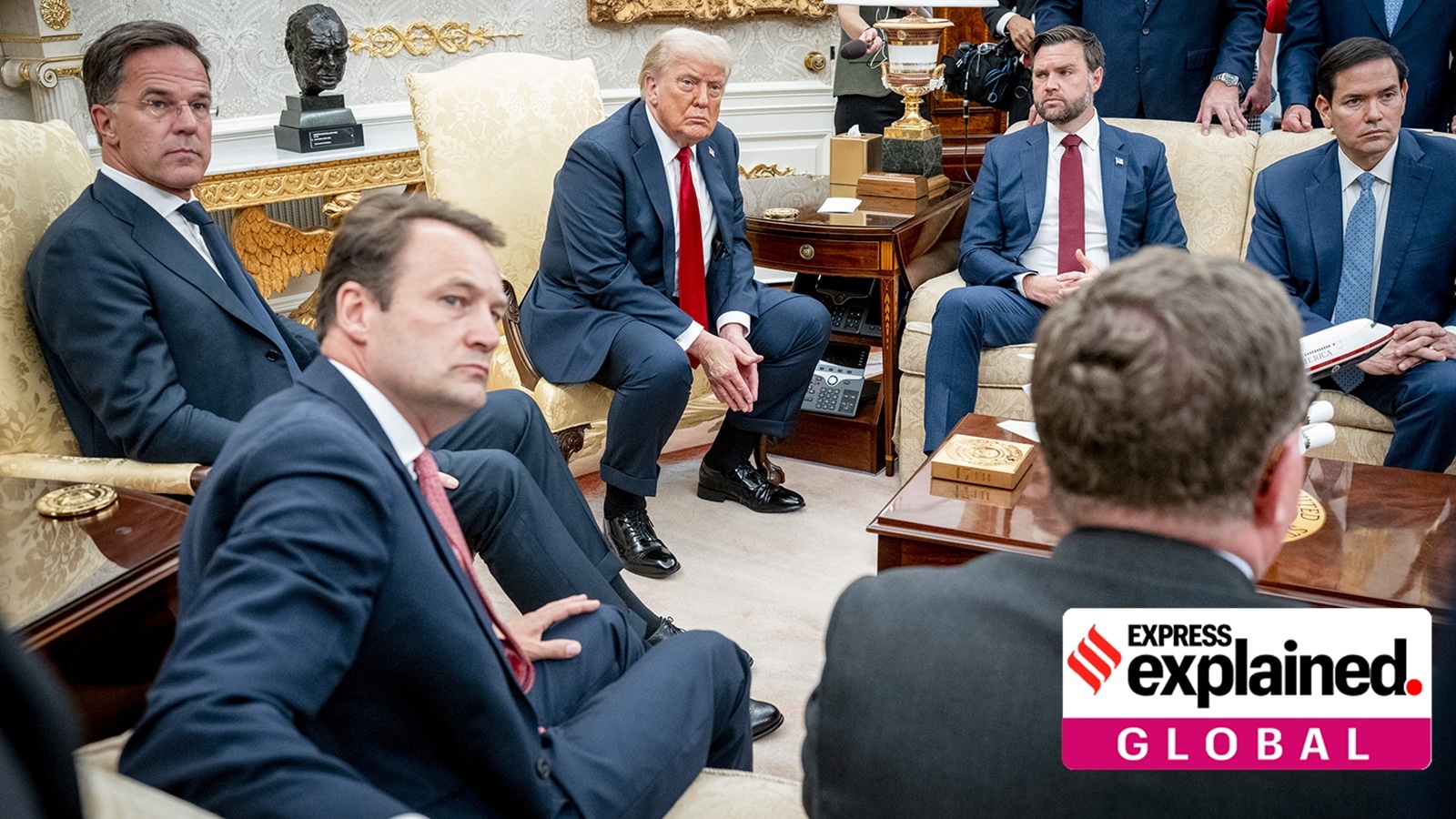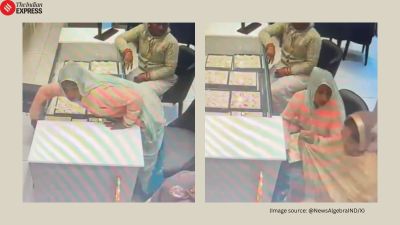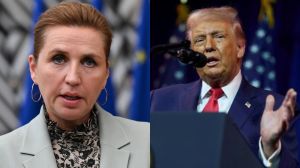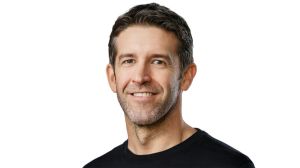In an interview given to the BBC this week, United States President Donald Trump said he was “disappointed in” Russia’s leader Vladimir Putin, even though he was “not [yet] done with him”. Asked if he still trusted President Putin, Trump said he trusted “almost nobody”.
Hours earlier, Trump had announced he planned to send weapons to Ukraine and threatened severe tariffs on Russia if there was no ceasefire deal in 50 days.

During the interview, Trump endorsed the North Atlantic Treaty Organisation (NATO), the anti-Russia Western alliance that he has previously described as obsolete.
Almost on cue, NATO chief Mark Rutte warned India, China, and Brazil that they could be “hit very hard” with economic penalties if they continued to do business with Russia “and buy their oil and gas”.
Rutte “encouraged” the leaders of these countries to “tell [Putin] that he has to get serious about peace talks [to end the war in Ukraine], because otherwise this will slam back on Brazil, on India and on China in a massive way”.
A change of heart
Trump’s statements demonstrate a remarkable turnaround from his position this May, when he described Putin as a “nice gentleman”, and defended the Russian President on some occasions.
At a disastrous White House meeting, he berated Ukraine’s President Volodymyr Zelenskyy as a “dictator” who was “gambling with World War III”. Trump also choked US military supplies to Ukraine, and stopped US intelligence-sharing with the Ukrainian government.
Story continues below this ad
In startling contrast, the US President has made increasingly angry comments about the Russian President this past week. His publicly expressed frustration with Putin marks a significant departure from the way he has so far viewed the war in Ukraine.
Trump’s seeming change of heart could also be a lifeline for NATO. America’s European partners have been concerned about Trump’s commitment to Article 5 of the treaty — the principle of collective defence, which means that an attack against one ally is considered an attack against all.
Putin has got 50 days to negotiate, and NATO has got a lifeline in the process. Europe, apprehensive of the future of the transatlantic alliance, seems to have regained some unexpected goodwill with Trump.
The President has also sanctioned US-made artillery shells and mobile rocket artillery systems for Ukraine, and there has been some talk of shipping Patriot missiles to Kyiv.
Story continues below this ad
Zelenskyy has said he has discussed “weapons supplies and strengthening air defence” with Trump’s Ukraine envoy Keith Kellogg. Trump has also reportedly approved key Ukrainian requests for military aid “based on a detailed list that Zelenskyy handed him last month when they met [during the NATO summit] in The Hague”.
Impatience, uncertainty
The turn in Trump’s attitude has been seen as resulting from Putin’s increasing demands — not only does Russia want to keep the Ukrainian territories that it currently occupies and a ban on Ukraine’s membership of NATO, but also the removal of Zelenskyy.
Trump, who is impatient to show the world that he has stopped the war in Ukraine and aspires for the Nobel Peace Prize, possibly feels slighted that he hasn’t got anything from Putin yet.
What Trump certainly does not want is to be seen to be “weak” — and to be mocked for allowing himself to be played by the Russian President.
Story continues below this ad
That said, it is simply too early to say that Trump has definitively changed his view of Putin. America’s leader is famously unpredictable — his disappointment with his Russian counterpart could well be momentary and temporary, and he is entirely capable of reverting to praising Putin and berating Zelenskyy.
Dealing with Trump
What is the message for India in all of this? From the perspective of New Delhi, as it negotiates with Trump and his team — be it on trade or on Pakistan — the instructive learning is to stay the course.
There are two things that matter.
FIRST, as NATO and Europe have shown, it is important to build one’s own capacities. As Trump appeared ready to abandon their relationship, Europe increased its military spending, rallied around Zelenskyy, and doubled down on its support to Ukraine.
It is important for India to ensure that its national political and economic interests remain paramount. On the US demand for concessions on tariff and non-tariff barriers in the negotiations for a trade deal, New Delhi must stay focused on what is good for its own interests. If some tariff walls and barriers need a relook, India must consider that not for America’s or any other country’s benefit, but as part of its own reforms.
Story continues below this ad
SECOND, the US President needs to be engaged diplomatically and officially, but also through unofficial and informal channels. This is something that Pakistan has been seeking to do by engaging with Trump’s inner circle of family and advisors. Some European leaders too have done the same by playing golf with the President, or by praising and feting him.
New Delhi will have an opportunity to engage with the President if he travels to India for the Quad leaders’ summit later this year. While that will be the official track, the Indian establishment is well-placed to engage with him through its networks in the Indian diaspora.
The Trump White House has its own informal layers of engagement through family and trusted advisors, and South Block may have to make use of those channels of communication to get through to the President.
In this context, New Delhi can perhaps learn a thing or two from Zelenskyy.








































